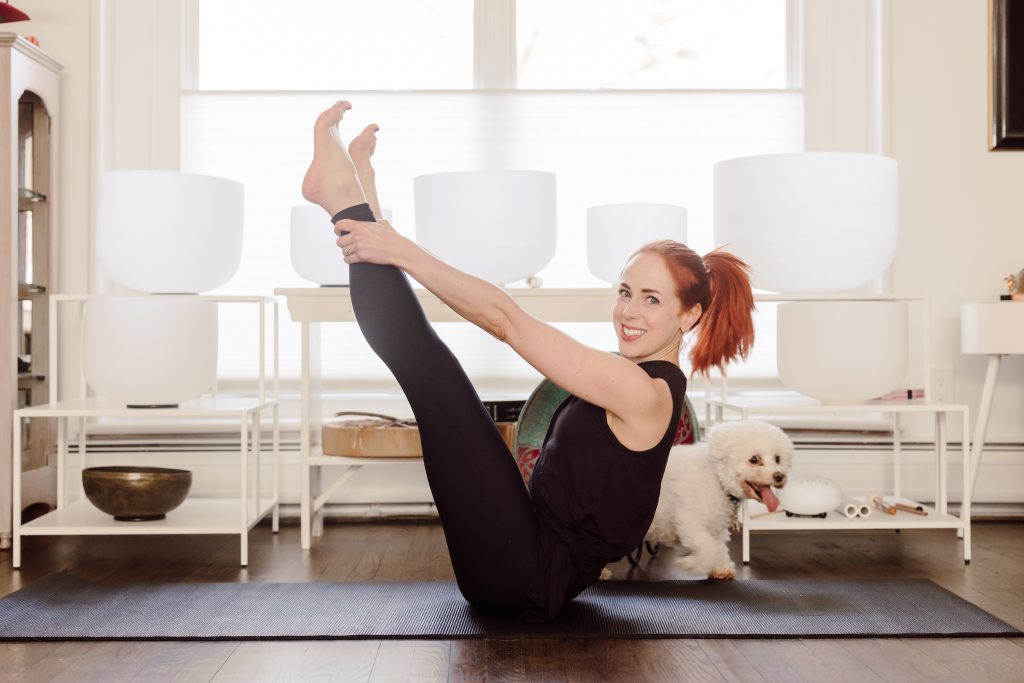You guys have heard me extol the many benefits of physical activity and it certainly won’t be the last. Exercise is one of the best tools we have to support mind-body wellness! I’ve seen first hand – in my patients’ and clients’ lives and in my own life – the many, many ways in which physical activity supports a healthy mind and body. In fact, physical activity has been shown to be one of the best tools at our disposal to combat and reduce the risk of disease.
If you want to start an exercise routine, you’re already moving in the right direction! While I don’t talk about this a lot because I don’t teach as much anymore, as a pilates mat instructor, I’ve had the privilege of working closely with people who were new to the world of exercise, and it’s a super rewarding experience to see someone overcome their fears and reach their goals!
Speaking of goals, the American Cancer Society, recommends that adults get “150-300 minutes of moderate intensity or 75-150 minutes of vigorous intensity activity each week (or a combination of these). Getting to or exceeding the upper limit of 300 minutes is ideal.” If you’ve never exercised before, exercising for 150 minutes a week might seem like a daunting task, which is why I want to encourage you as you take your first steps towards a healthier mind and body!
First and foremost, remember that it’s never too late to start an exercise routine! Secondly, as you set out to achieve your fitness goals, make sure to prioritize your safety and to allow yourself to ease into movement. Instead of going all-out right away and feeling like you HAVE to work out for an hour in order for your time at the gym to “count,” show yourself grace and take your time as you adjust to this new life routine.
As you think about establishing a workout routine, I invite you to consider some of these suggestions:
- T . It’s ideal to get a physical exam to make sure you’re good to go and get their input on any modifications you may need.
- . Walk before you run, and start with light weights or resistance bands before lifting anything heavy.
- to reduce injury risk.
- . While a little soreness is normal, pain is a warning signal. Stop when needed, allowing your body to rest.
- over the course of the week to avoid overuse injury.
- . Your body needs time to recover.
- . Have the proper clothes, shoes, and equipment for your chosen activity.
- Eat well to support your workouts. Having balanced meals promotes better energy and endurance and enhances post-workout recovery.
I understand that incorporating exercise into your daily routine isn’t always easy, which is why I want to encourage you to take steps – even small ones – towards incorporating movement into your life, even when it feels untenable to do so. In my second book, The Farewell Tour: A Caregiver’s Guide to Stress Management, Sane Nutrition, and Better Sleep, I have a chapter dedicated to why making exercise part of our lives matters, even – or especially when – we’re really busy and stressed out.
I’d love to know: how did you start on your fitness journey? Drop a comment below to share!
